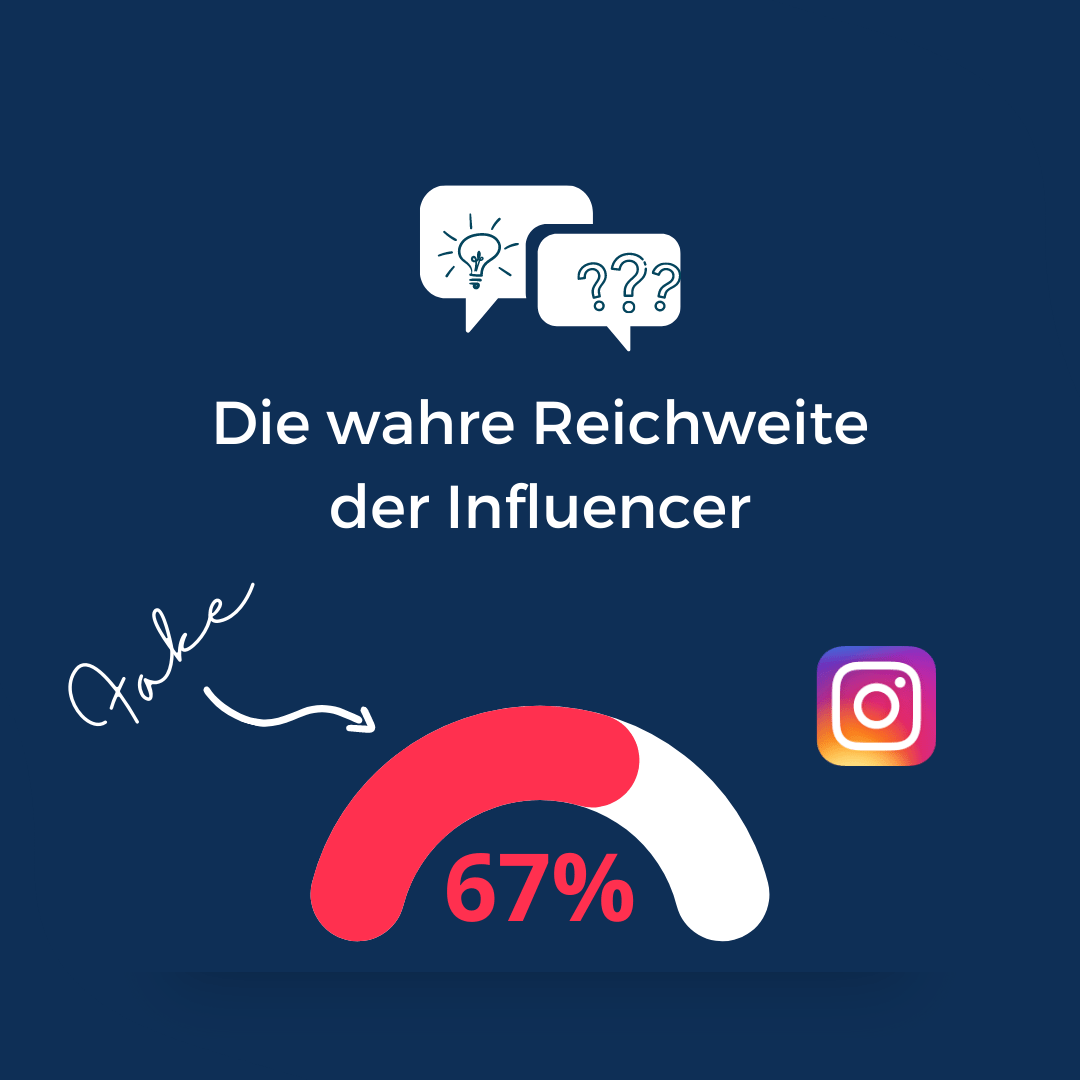Auf eine Gegenleistung kommt es an!
Nach dem neusten BGH-Urteil vom müssen Influencer*innen Ihren Content nicht mehr mit Werbung kennzeichnen. Bei welchem Content das der Fall ist, erfährst du hier in diesem Beitrag.
Der Verband Sozialer Wettbewerb hatte unzulässige Schleichwerbung bei 3 Influencer*innen beanstandet und Unterlassung sowie Abmahnkosten gefordert. Der BGH wies nun diese Vorwürfe in zwei Fällen zurück. Nur bei einer Influencerin sah der BGH den Vorwurf als Schleichwerbung erfüllt. Es handelte sich um ein Instagram-Beitrag zu einer Himbeer-Marmelade. Dieser Beitrag wurde wohl “nicht hinreichend deutlich” als Werbung gekennzeichnet. Die Influencerin erhielt für den Beitrag eine Gegenleistung.
Für die anderen 2 Influencer/innen ging das Ganze gut aus, darunter Cathy Hummels. Beide Influencer/innen erhielten nämlich keine Gegenleistung für Ihre Postbeiträge! Und das ist der entscheidende Unterschied! Nach der Entscheidung dürfen nun Influencer*innen im Internet bei Fotos mit Produkten auch auf Firmen verweisen, und zwar ohne einen Hinweis auf Werbung – vorausgesetzt es wird nicht zu werblich und es liegt keine Gegenleistung vor.
Dieses Urteil steht damit im Einklang mit dem neuen Influencer Gesetz.
So meint Cathy Hummels nach dem Urteil:
“Wenn ich Geld ausgebe für ein Produkt, also mein eigenes Geld, worauf ich auch Steuern gezahlt hab, dann möchte ich das aus freier Überzeugung empfehlen dürfen. Das dürfen die Fernsehmedien, das dürfen die Printmedien genauso. Und ich sehe mich da eben als Frauenzeitung.”
Zusammenfassung
- Bezahlte Werbung und Barter Deals sind stets zu kennzeichnen!
- Wird lediglich auf Produkte, Marken oder Websites verwiesen, ohne eine Gegenleistung dafür zu erhalten, entfällt die Werbekennzeichnungspflicht.










